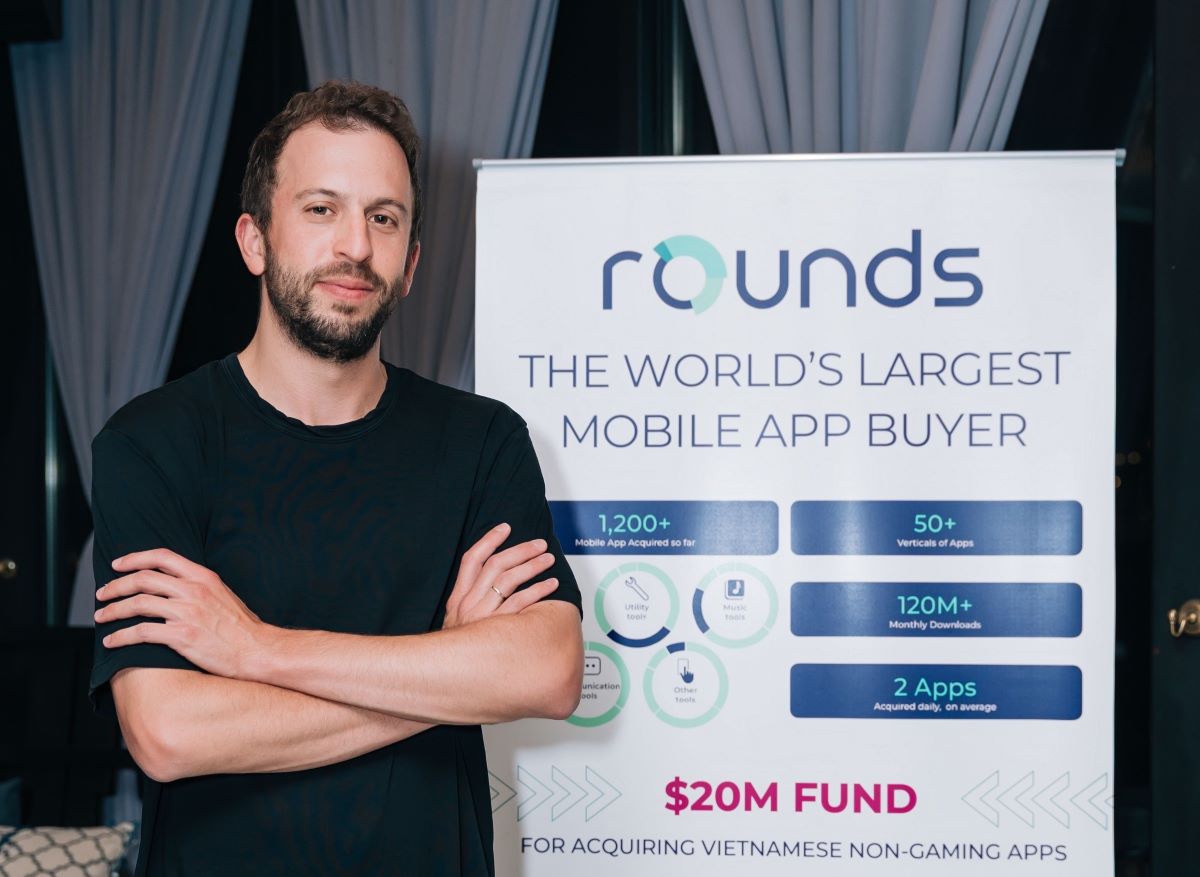Vietnam - a new focus of the applied economy
The mobile application market in Vietnam is growing rapidly, not only playing the role of a potential consumer market, but also becoming a dynamic digital product development center of the region.
With a talented, professional and internationally recognized workforce, Vietnam is affirming its position as a new "kingdom" in the field of application development in Southeast Asia.
According to the 42matters data analysis platform, there are currently more than 2,330 developers in Vietnam actively working on Google Play. To date, Vietnamese publishers have launched more than 10,304 applications, each application has reached an average of nearly 954,550 downloads. Notably, 72% of these apps are in non-game categories such as utilities, education, and business.
With that potential, small-scale application developers and developers in Vietnam realize the value of assets through transfers, reinvestments or strategic cooperation.
For example, Rounds, a company specializing in acquiring digital assets, especially mobile applications with growth potential, has been stepping up its presence in the Vietnamese market.
They have established a $20 million investment fund to buy back high-quality mobile apps. To date, Rounds has completed many deals in Vietnam and received positive attention from the technology world.
What do investors need in the application?
According to international experts, most of the applications are not really ready for transfer, not because of product quality, but due to the lack of a solid business foundation as well as good preparation in data, processes and finance.

In addition, the business model is also a key factor. The application needs to demonstrate the ability to generate stable revenue and bring clear value to both users and businesses.
In terms of technology, the product structure is also carefully considered. Applications with a solid foundation, easy to maintain and expand will have clear advantages.
Finally, there is a presence on warehouses. Factors such as brand reputation, positive feedback from users and good visibility are clear indicators that the product is effectively managed and has attraction in the market. This is also the foundation for investors to believe in sustainable development potential after the deal is completed.
Common mistakes when developers self- Evaluate applications
One of the most common mistakes is programming appraisal based on emotions or time, effort and invested money, instead of based on market indicators and actual performance.
Mr. Nir Slonim, Vice President of M&A at Rounds, said: "We have seen many apps with a large number of users but cannot sell, not because of poor products, but because developers cannot convey the real value of the app as buyers can understand.
Valuation is not only about what you have built, but also how your product is suitable for the current and future markets."
Another expert recommends that success in selling apps depends on clarity, clean data, engaging stories, and the ability to deeply understand business models outside the source code. If those factors are lacking, a good app will be difficult to transfer.











